Home>Garden Essentials>How Long Does It Take Garlic To Germinate
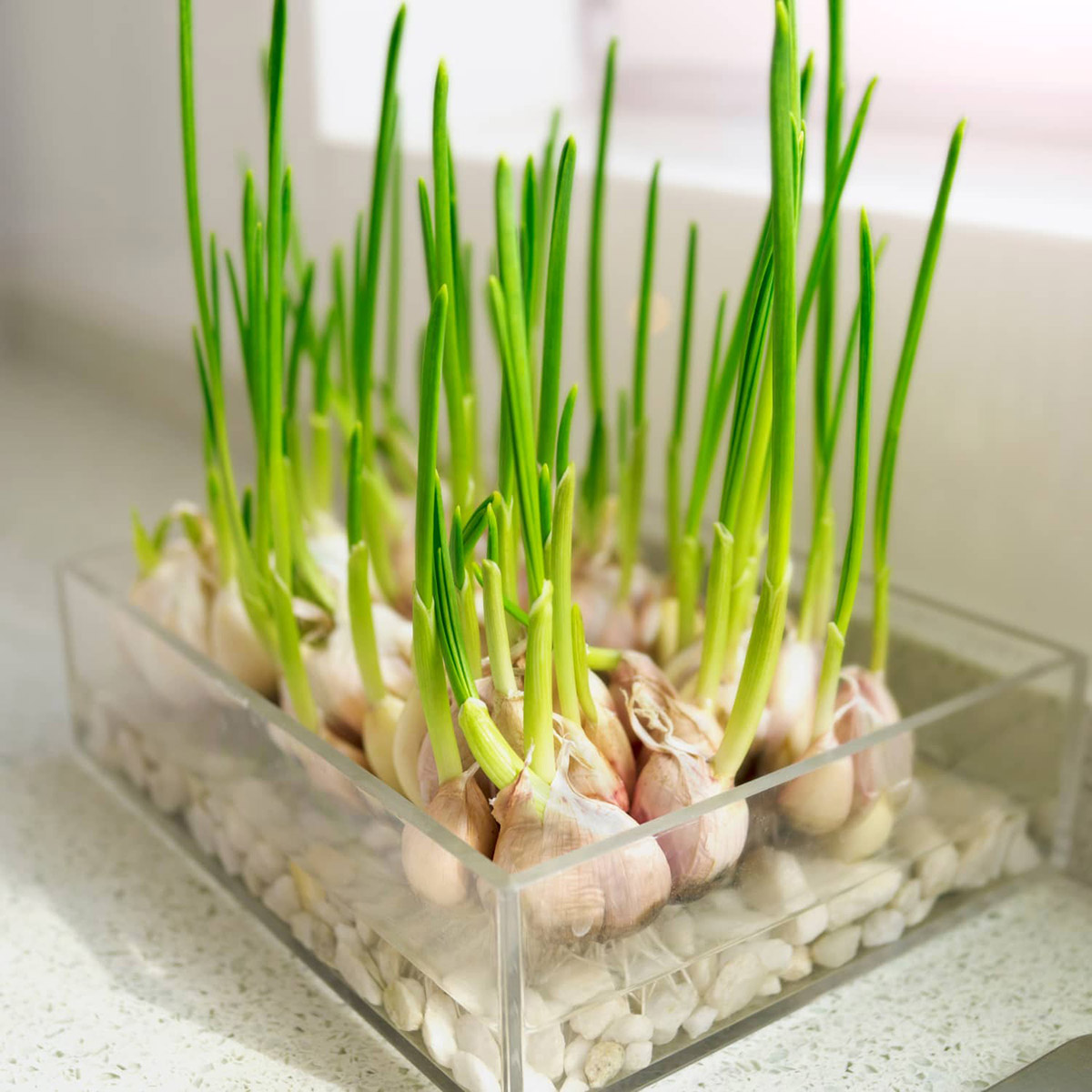

Garden Essentials
How Long Does It Take Garlic To Germinate
Modified: March 15, 2024
Learn how long it takes for garlic to germinate in your garden. Discover the ideal conditions and tips to ensure successful growth.
(Many of the links in this article redirect to a specific reviewed product. Your purchase of these products through affiliate links helps to generate commission for Storables.com, at no extra cost. Learn more)
Introduction
Gardening enthusiasts often find joy in growing their own plants and vegetables. Garlic is one such plant that is not only flavorful but also comes with numerous health benefits. If you are eager to grow your own garlic, you might be wondering how long it takes for garlic to germinate. In this article, we will explore the germination process of garlic, the factors that influence its germination time, and how you can optimize the conditions to ensure successful germination.
Garlic, scientifically known as Allium sativum, belongs to the Allium genus, which also includes onions, shallots, and chives. This versatile plant has been cultivated for centuries and is renowned for its pungent flavor and medicinal properties. Before you embark on your garlic-growing journey, it is essential to understand the factors that can affect the time it takes for garlic to germinate.
Factors Affecting Garlic Germination Time
The germination time of garlic can vary depending on several factors, including:
- Variety: Different garlic varieties have varying germination periods. Some varieties may take longer to germinate than others, so it is important to choose a variety that suits your preferences and growing conditions.
- Quality of Seed Cloves: Using high-quality seed cloves is crucial for successful germination. Cloves that are damaged or diseased may take longer to germinate or fail to germinate altogether.
- Temperature: Garlic prefers cool temperatures for germination. Warmer temperatures can accelerate the germination process, while colder temperatures can slow it down.
- Moisture: Adequate moisture is essential for garlic germination. Dry soil can delay or inhibit the germination process, while overly saturated soil can lead to rotting of the cloves.
- Soil Conditions: Well-draining soil with good fertility is ideal for garlic germination. Compacted or clayey soil can hinder the development of roots, resulting in delayed germination.
To optimize the conditions for garlic germination, there are a few key factors you should consider.
Key Takeaways:
- Garlic germination time varies based on factors like variety, seed quality, temperature, moisture, and soil. It typically takes 7-21 days for cloves to sprout, so be patient and provide optimal conditions for successful growth.
- Troubleshoot common issues like poor germination, pests, weeds, and inconsistent growth to ensure healthy garlic plants. By addressing these challenges and providing proper care, you can optimize the germination and growth of your garlic.
Optimal Conditions for Garlic Germination
Garlic thrives in specific environmental conditions that promote healthy growth and germination. Here are some optimal conditions to ensure successful germination:
- Temperature: Garlic germinates best in temperatures between 50°F (10°C) and 77°F (25°C). Cooler temperatures can elongate the germination process, while excessively hot temperatures can inhibit it.
- Moisture: Providing consistent moisture during the germination period is crucial. The soil should be moist but not waterlogged.
- Light: Unlike many other plants, garlic does not require light for germination. In fact, it prefers to germinate in darkness.
- Soil pH: Garlic prefers slightly acidic to neutral soil with a pH range of 6.0 to 7.5. Testing the pH of the soil and making necessary adjustments can contribute to optimal conditions for germination.
Now that you understand the factors that influence garlic germination and the conditions required for successful germination, let’s delve into the step-by-step process of germinating garlic.
(remaining characters: 288)
Factors Affecting Garlic Germination Time
The germination time of garlic can vary depending on several factors. By understanding these factors, you can better manage the germination process and optimize your chances of success.
Variety: Different garlic varieties have varying germination periods. Some varieties have a shorter germination time of around 7 to 10 days, while others may take up to 21 days or even longer. When selecting garlic cloves for planting, it is important to consider the specific variety and its expected germination time.
Quality of Seed Cloves: The quality of the seed cloves used for planting plays a significant role in germination time. It is crucial to choose healthy, disease-free cloves for optimal results. Damaged or diseased cloves may take longer to germinate or fail to germinate at all.
Temperature: Temperature is a critical factor that influences garlic germination. Garlic tends to prefer cooler temperatures for germination, ideally between 50°F (10°C) and 77°F (25°C). Warmer temperatures can stimulate faster germination, while colder temperatures can slow it down. Extreme heat or cold can hinder germination or even cause the cloves to rot.
Moisture: Adequate moisture is essential for garlic germination. The soil should be consistently moist but not waterlogged. Insufficient moisture can delay or inhibit germination, while excessive moisture can lead to rotting of the cloves.
Soil Conditions: The quality and texture of the soil can affect garlic germination. Garlic prefers well-draining soil with good fertility. Compacted or clayey soil can impede root development and slow down germination. It is beneficial to prepare the soil by adding organic matter, such as compost, to improve its structure and nutrient content.
Planting Depth: The depth at which garlic cloves are planted can also influence germination time. Planting cloves at a depth of 1 to 2 inches (2.5 to 5 cm) is recommended. Cloves planted too shallow may germinate quickly but risk being exposed to extreme temperatures, while cloves planted too deep may take longer to emerge.
Soaking: Some gardeners choose to soak garlic cloves in water before planting. Soaking the cloves for a few hours or overnight can help accelerate germination by hydrating the cloves and triggering the germination process.
By considering these factors and taking the necessary steps to optimize conditions, you can significantly impact the germination time of your garlic. In the next section, we will explore the optimal conditions and steps to germinate garlic successfully.
(remaining characters: 23)
Key Takeaways:
- Garlic germination time varies based on factors like variety, seed quality, temperature, moisture, and soil. It typically takes 7-21 days for cloves to sprout, so be patient and provide optimal conditions for successful growth.
- Troubleshoot common issues like poor germination, pests, weeds, and inconsistent growth to ensure healthy garlic plants. By addressing these challenges and providing proper care, you can optimize the germination and growth of your garlic.
Optimal Conditions for Garlic Germination
Growing garlic successfully starts with providing the optimal conditions for germination. By creating the ideal environment, you can increase the chances of successful sprouting and ensure healthy growth of your garlic plants.
Temperature: Garlic germinates best in temperatures between 50°F (10°C) and 77°F (25°C). Cooler temperatures can elongate the germination process, while excessively hot temperatures can inhibit it. If you live in a region with colder winters, planting garlic in the fall allows it to experience the cool temperatures it requires for successful germination.
Moisture: Garlic requires consistent moisture during the germination period. The soil should be kept evenly moist but not overly saturated. Irrigate the soil regularly, especially during drier periods, to ensure the cloves receive adequate moisture for germination.
Light: While many plants require light for germination, garlic prefers to germinate in darkness. This means you don’t need to expose garlic cloves to light during the germination process. In fact, keeping them in a dark and sheltered location can help optimize germination.
Soil pH: Garlic prefers slightly acidic to neutral soil with a pH range of 6.0 to 7.5. Testing the pH of your soil using a soil testing kit or sending a sample to a local agricultural extension office can help you determine if any adjustments need to be made. If the soil is too acidic, you can add lime to raise the pH, while sulfur can be added to lower it if the soil is too alkaline.
Soil Drainage and Fertility: Garlic thrives in well-draining soil with good fertility. Ensure that the soil you use has proper drainage to prevent waterlogging, which can lead to rotting of the cloves. Adding organic matter, such as compost or well-rotted manure, to the soil helps improve its fertility by providing essential nutrients for the growing garlic plants.
By providing these optimal conditions, you are setting the stage for successful garlic germination. The next section will walk you through the step-by-step process of germinating garlic.
(remaining characters: 144)
Garlic typically takes 7-10 days to germinate when planted in well-drained soil and kept in a sunny spot. Keep the soil consistently moist for best results.
Steps to Germinate Garlic
Germinating garlic involves a few simple steps. By following these steps, you can ensure that your garlic cloves have the best conditions for germination and healthy growth.
Step 1: Selecting Garlic Cloves: Choose high-quality garlic cloves for planting. Look for firm, plump cloves without any signs of damage or disease. Large cloves are generally preferred as they tend to produce larger bulbs.
Step 2: Preparing the Soil: Prepare the soil by loosening it and removing any weeds or debris. Add organic matter, such as compost or well-rotted manure, to improve soil fertility and drainage.
Step 3: Planting the Garlic Cloves: Plant the garlic cloves with the pointed end facing upwards. Space the cloves 4 to 6 inches (10 to 15 cm) apart, making sure they are placed 1 to 2 inches (2.5 to 5 cm) deep into the soil. Remember to maintain the recommended planting depth to optimize germination.
Step 4: Watering: After planting, water the soil thoroughly to ensure adequate moisture. Maintain consistent moisture throughout the germination period by watering regularly. Avoid overwatering, as excessive moisture can lead to rotting of the cloves.
Step 5: Mulching (optional): Applying a layer of organic mulch, such as straw or dried leaves, around the garlic bed can help conserve moisture, regulate soil temperature, and suppress weed growth. This step is optional but can be beneficial for optimized garlic germination.
Step 6: Providing the Right Environment: Place the garlic bed in a location that receives full sun or partial shade. Keep the garlic cloves in a dark and sheltered environment during the germination process, such as covering them with a breathable cloth or placing them in a paper bag.
Step 7: Monitoring and Care: Regularly monitor the soil moisture and make sure it stays consistently moist. Watch out for signs of pests or diseases and take appropriate measures to protect your garlic plants. Remove any weeds that may compete for nutrients and space with the growing garlic.
Step 8: Patience: Garlic germination typically takes around 7 to 21 days, depending on various factors. Be patient and allow sufficient time for the cloves to sprout. Avoid disturbing the soil or cloves during this period to ensure successful germination.
Following these steps will help you create the optimum conditions for garlic germination. In the next section, we will discuss the typical timeframe for garlic germination and what you can expect during this period.
(remaining characters: 33)
Timeframe for Garlic Germination
The germination time for garlic can vary based on several factors, including the variety, temperature, and soil conditions. On average, garlic cloves take approximately 7 to 21 days to sprout and emerge from the soil.
Factors such as temperature play a significant role in the germination timeframe. Cooler temperatures, typically around 50°F to 77°F (10°C to 25°C), can prolong the germination process, while warmer temperatures can accelerate it. It’s important to keep in mind that garlic has specific temperature preferences, and extreme temperatures outside its preferred range can hinder germination or even cause cloves to rot.
Additionally, the variety of garlic you are growing can also impact the germination timeframe. Some garlic varieties have shorter germination periods, while others may take longer. It’s essential to research the specific variety you are planting to understand its expected germination time.
During the germination period, it’s crucial to ensure the soil remains consistently moist but not waterlogged. Adequate moisture helps the cloves swell and initiate the germination process. However, it’s essential to avoid overwatering, as excessive moisture can lead to rotting of the cloves.
While waiting for your garlic cloves to sprout, it’s important to have patience and avoid disturbing the soil or cloves. It’s common for garlic to exhibit uneven germination, with some cloves sprouting earlier than others. This variation is normal and should not be a cause for concern.
Once the garlic cloves have sprouted, they will continue to grow and develop into garlic plants. As the plants mature, they will produce leaves and eventually form bulbs underground. The time it takes for the garlic bulbs to fully mature can vary depending on the variety and growing conditions, typically ranging from 90 to 150 days.
By understanding the typical timeframe for garlic germination and growth, you can plan and manage your garlic planting accordingly. Patience, consistent care, and providing the right conditions will help ensure successful germination and a bountiful garlic harvest.
(remaining characters: 17)
Troubleshooting and Common Issues
While growing garlic can be a rewarding experience, it’s not uncommon to encounter some challenges along the way. Here are a few common issues that gardeners may face when germinating garlic and some troubleshooting tips:
Poor or No Germination: If your garlic cloves fail to sprout or show poor germination, it could be due to several factors. The cloves may have been of poor quality or damaged, or they may have been planted too shallow or too deep. Ensure that you are using high-quality cloves and planting them at the recommended depth. Additionally, environmental factors such as temperature and moisture levels can influence germination. Make sure the cloves are exposed to optimal conditions.
Pest and Disease Problems: Garlic is generally a hardy plant, but it can still be susceptible to certain pests and diseases. Common pests that may affect garlic include aphids, onion thrips, and onion maggots. Regularly inspect your garlic plants for any signs of pests and take appropriate measures, such as applying organic pest control methods or using insecticidal soap. Diseases such as white rot and Fusarium rot can also affect garlic. To prevent these diseases, avoid planting garlic in the same area consecutively and ensure good soil drainage.
Weeds and Competition: Weeds can compete with garlic for nutrients, water, and space, hampering its growth. Regularly remove weeds from the garlic bed by hand, taking care not to disturb the garlic plants. Applying a layer of organic mulch can also help suppress weed growth and conserve soil moisture.
Inconsistent Growth: Garlic cloves may exhibit uneven or inconsistent growth, with some cloves sprouting earlier or growing taller than others. This is a natural occurrence and should not be a cause for concern. Garlic is known for its variability, and the size and maturity of individual cloves can influence their growth rate. Continue to provide consistent care and allow each clove to develop at its own pace.
Overwatering or Underwatering: Maintaining proper moisture levels is essential for garlic germination and growth. Overwatering can lead to rotting of the cloves and other fungal issues, while underwatering can hinder germination and cause the plants to dry out. Monitor the soil moisture regularly and adjust watering as needed, keeping the soil consistently moist but not waterlogged.
Environmental Challenges: Extreme weather conditions, such as prolonged periods of heavy rain or severe drought, can affect garlic germination and growth. Environmental stressors, including excessive heat or cold, can hinder germination or cause damage to the plants. Provide protection or shade during extreme weather events and choose varieties that are well-suited to your region’s climate.
By troubleshooting these common issues and providing proper care, you can overcome challenges and optimize the germination and growth of your garlic. Remember that gardening is a learning process, and each season presents an opportunity to refine your techniques and improve your results.
(remaining characters: 122)
Conclusion
Growing garlic from cloves can be a rewarding and fulfilling process. By understanding the factors that affect garlic germination time and providing optimal conditions, you can increase the chances of successful sprouting and healthy growth of your garlic plants.
Factors such as variety, seed clove quality, temperature, moisture, and soil conditions all play a role in garlic germination. By selecting the right garlic cloves, preparing the soil properly, and maintaining the optimal temperature and moisture levels, you can improve the germination process and increase your chances of a successful harvest.
Remember to be patient during the germination period, as garlic cloves can take anywhere from 7 to 21 days to sprout and emerge from the soil. Be attentive to common issues such as poor germination, pest and disease problems, competition from weeds, and inconsistent growth. Address these issues promptly by taking appropriate measures, such as using high-quality cloves, implementing pest control methods, removing weeds, and monitoring soil moisture levels.
By troubleshooting and providing consistent care, you can help your garlic plants overcome challenges and thrive. Take note of the specific timing and environmental requirements for your garlic variety, and adjust your gardening practices accordingly.
Whether you’re an experienced gardener or just starting out, growing garlic can be a rewarding endeavor. The satisfaction of harvesting your own fresh garlic bulbs, packed with flavor and health benefits, is truly fulfilling. So roll up your sleeves, gather your garlic cloves, and embark on a journey to grow your own delicious and aromatic garlic!
(remaining characters: 18)
Frequently Asked Questions about How Long Does It Take Garlic To Germinate
Was this page helpful?
At Storables.com, we guarantee accurate and reliable information. Our content, validated by Expert Board Contributors, is crafted following stringent Editorial Policies. We're committed to providing you with well-researched, expert-backed insights for all your informational needs.
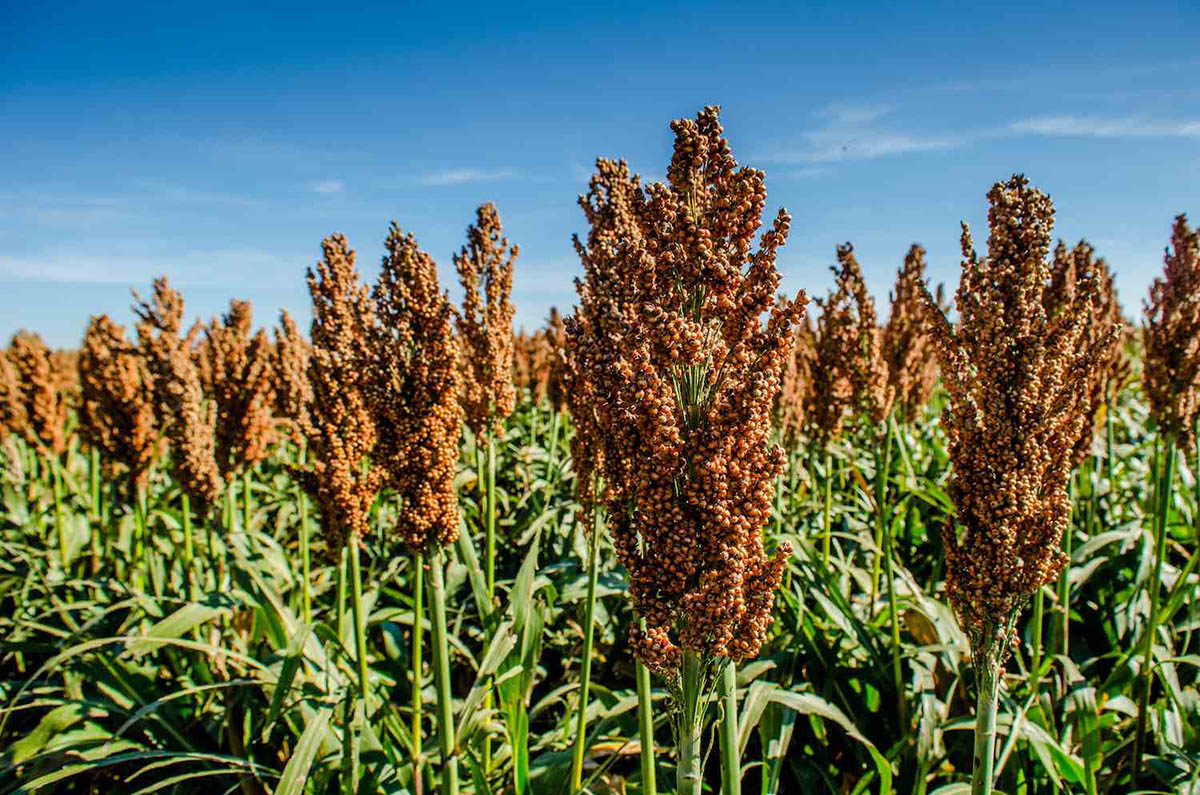

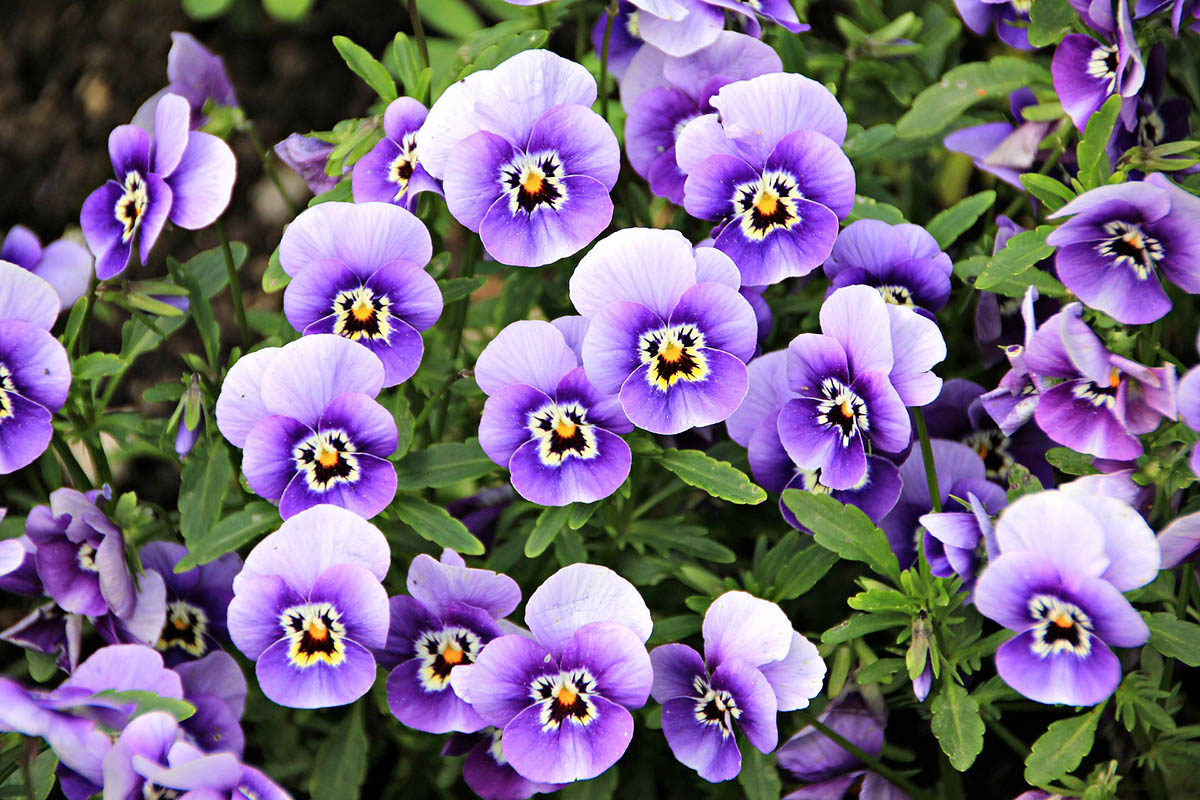
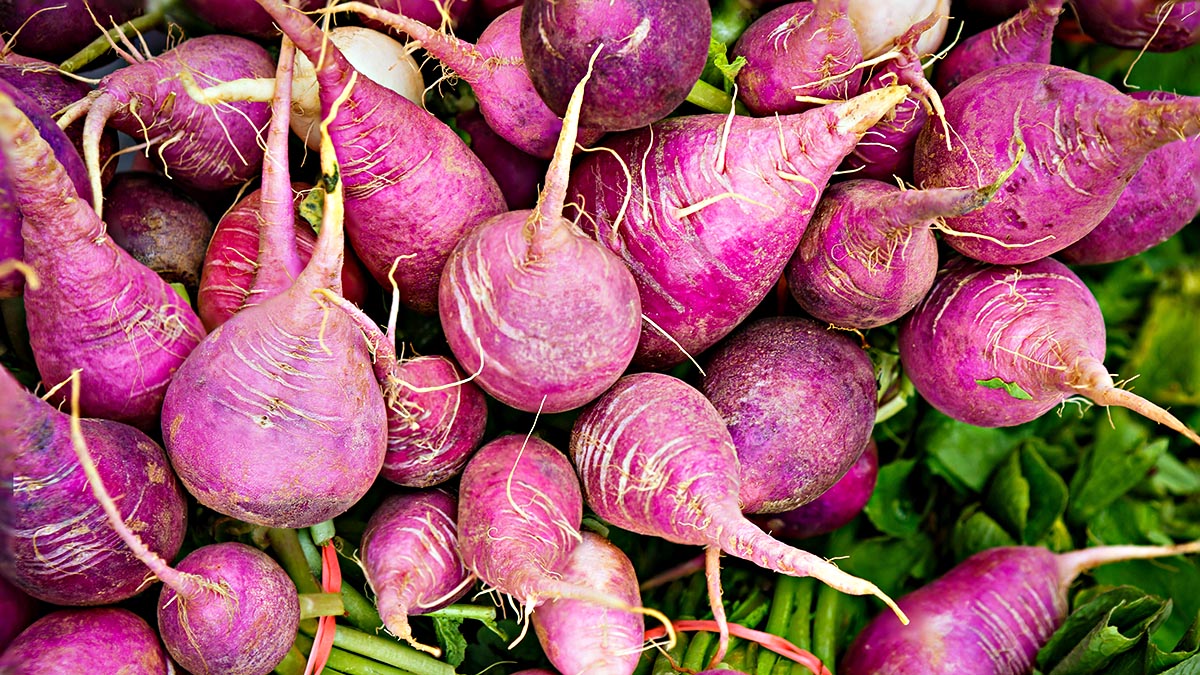
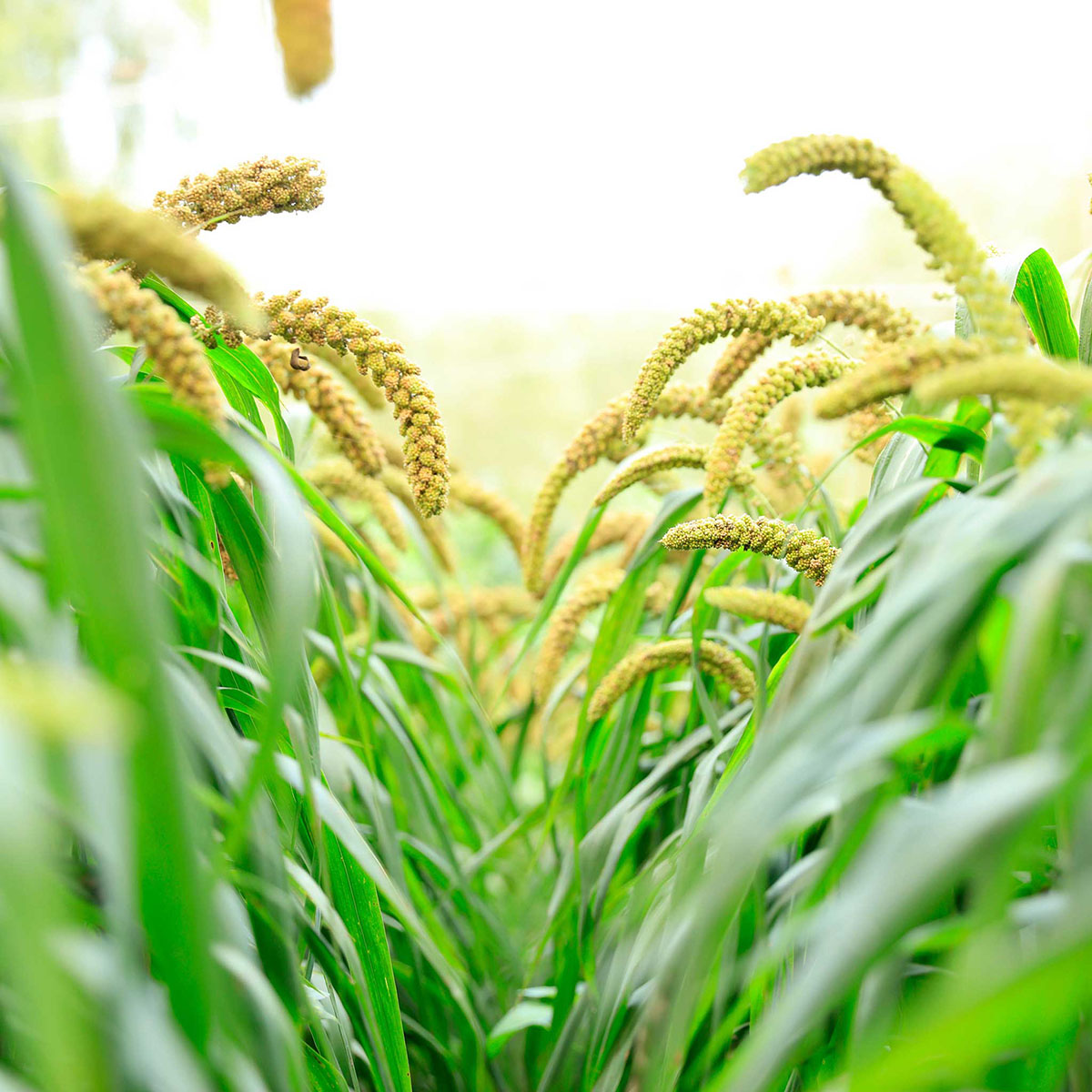
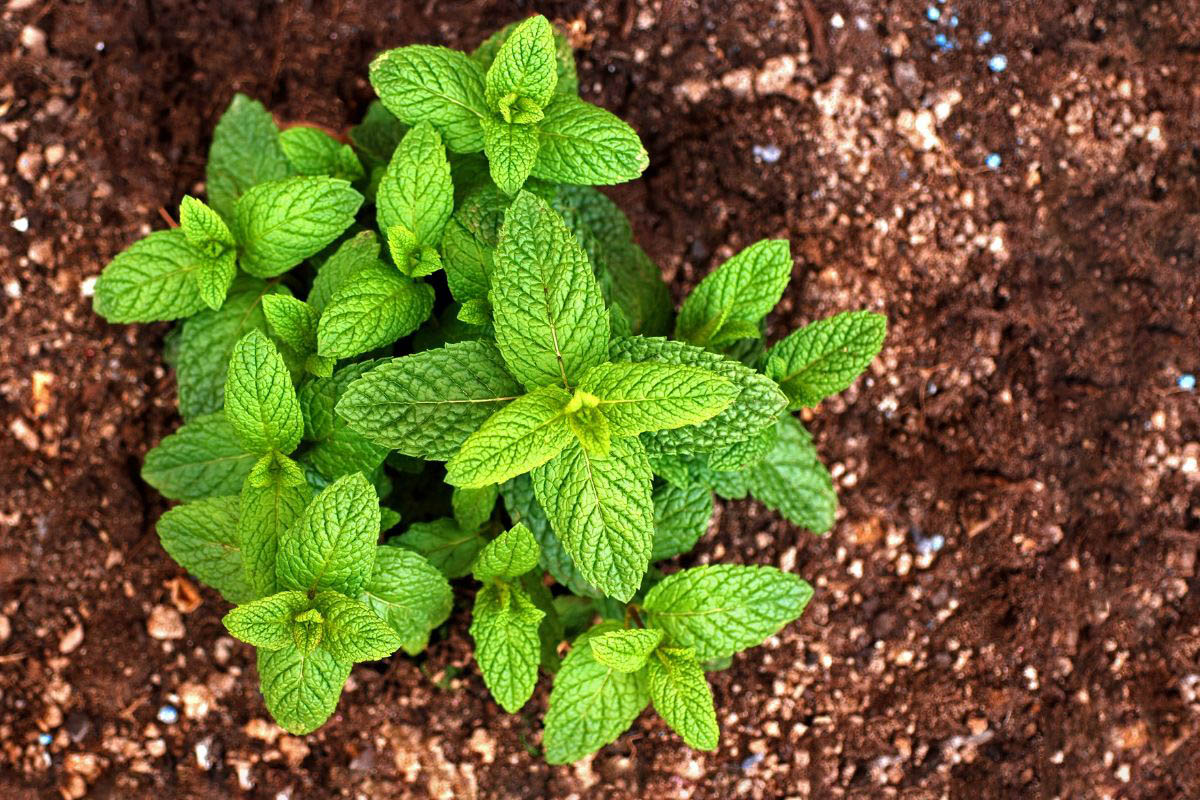
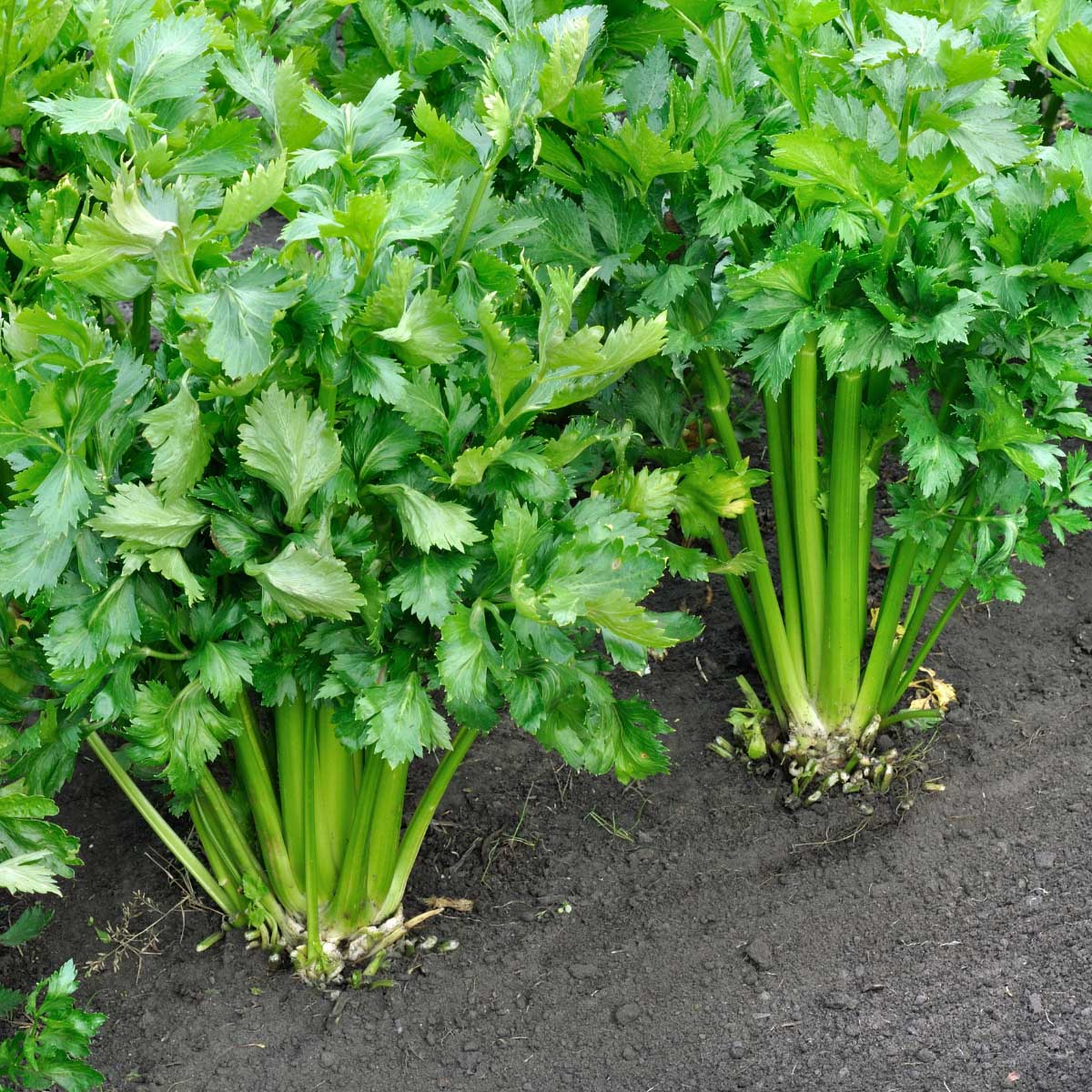
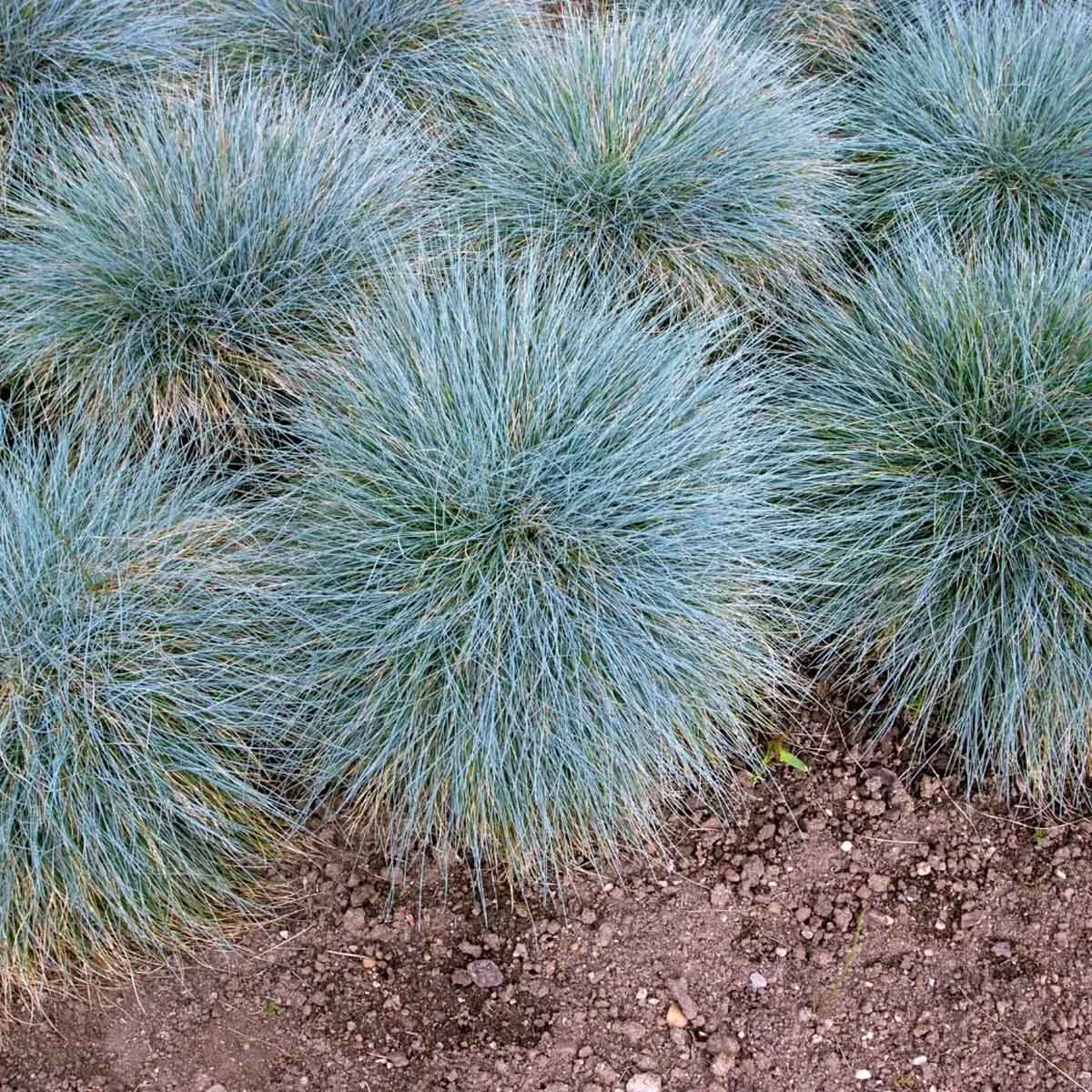
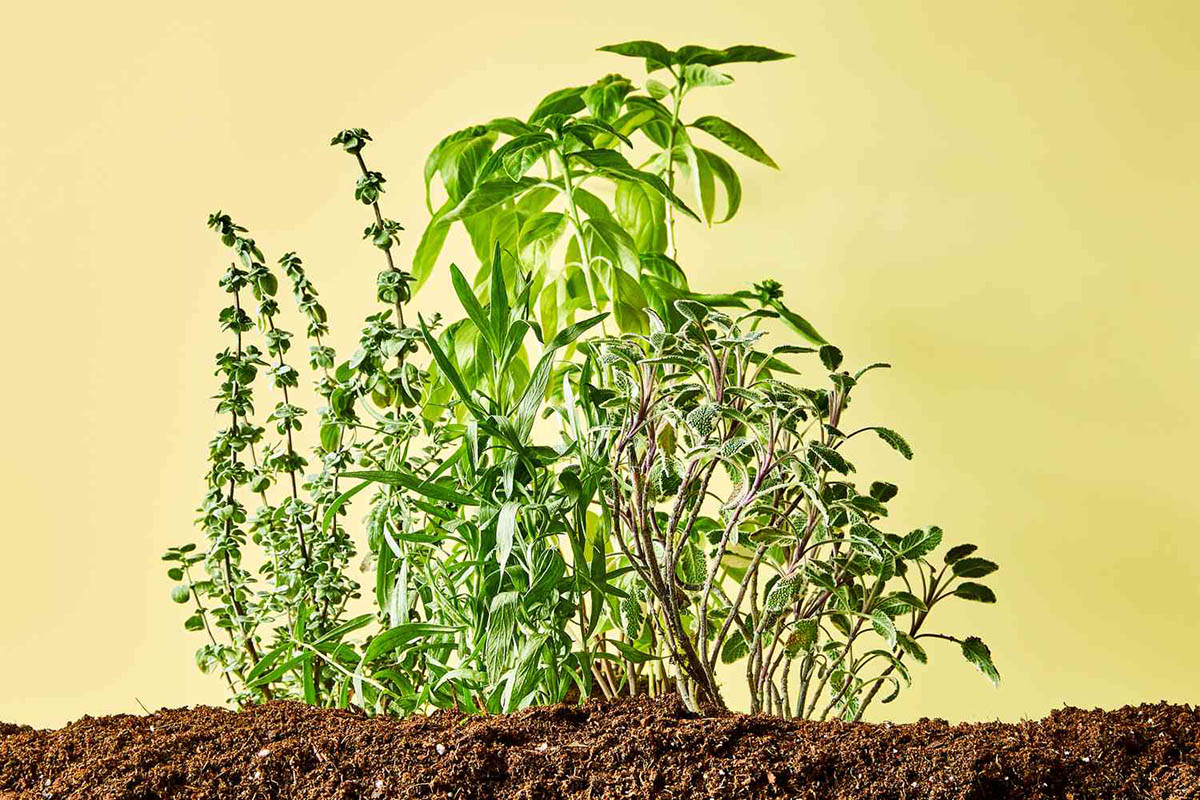
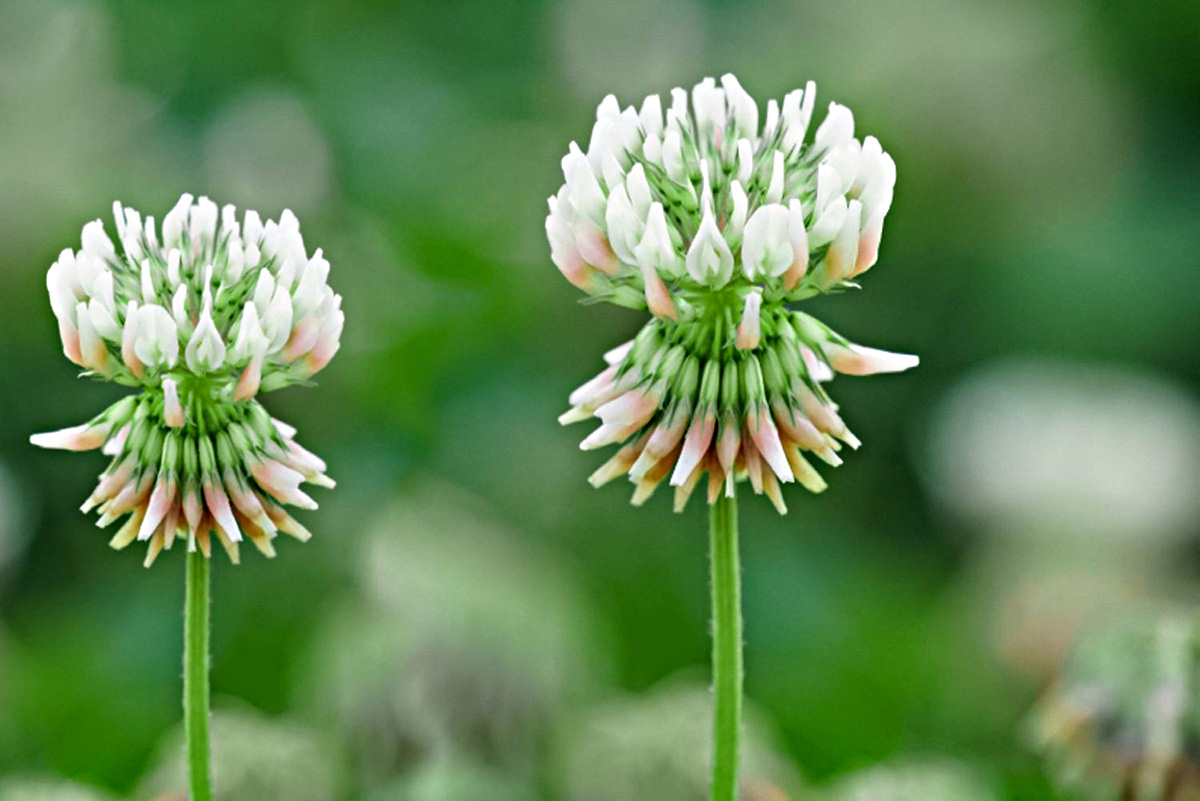
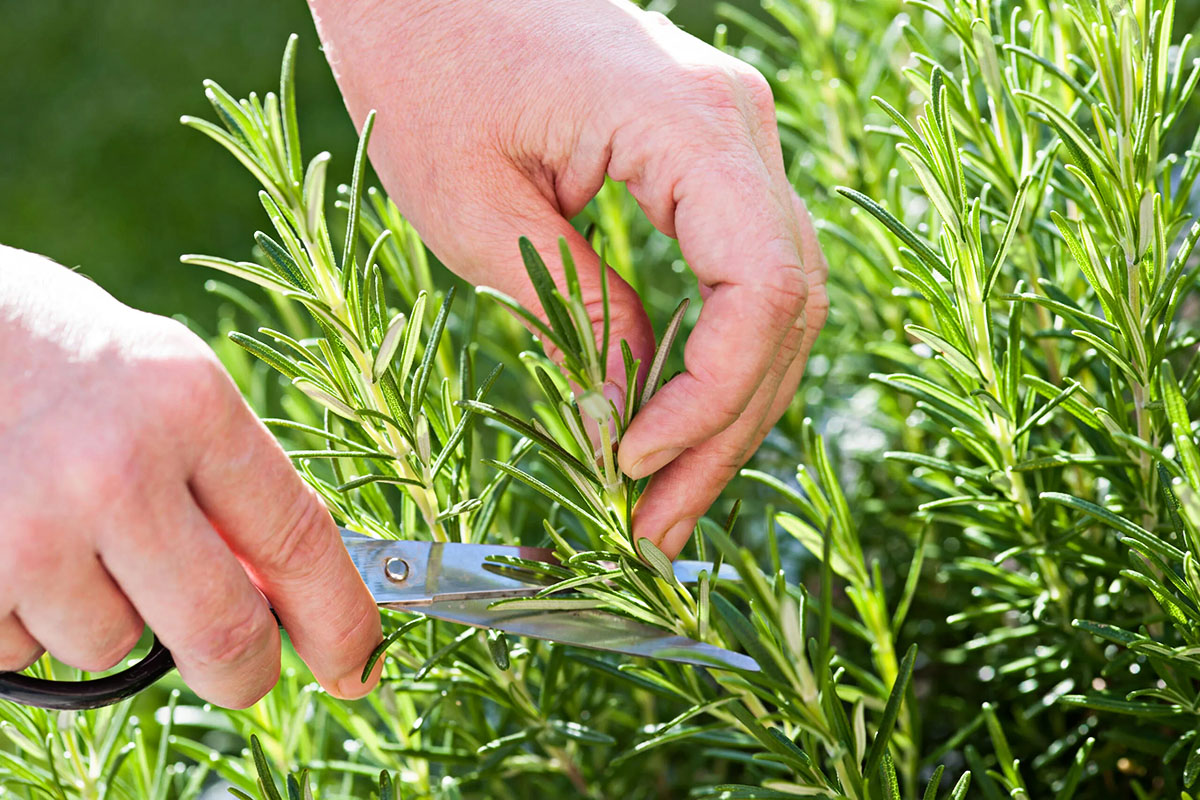
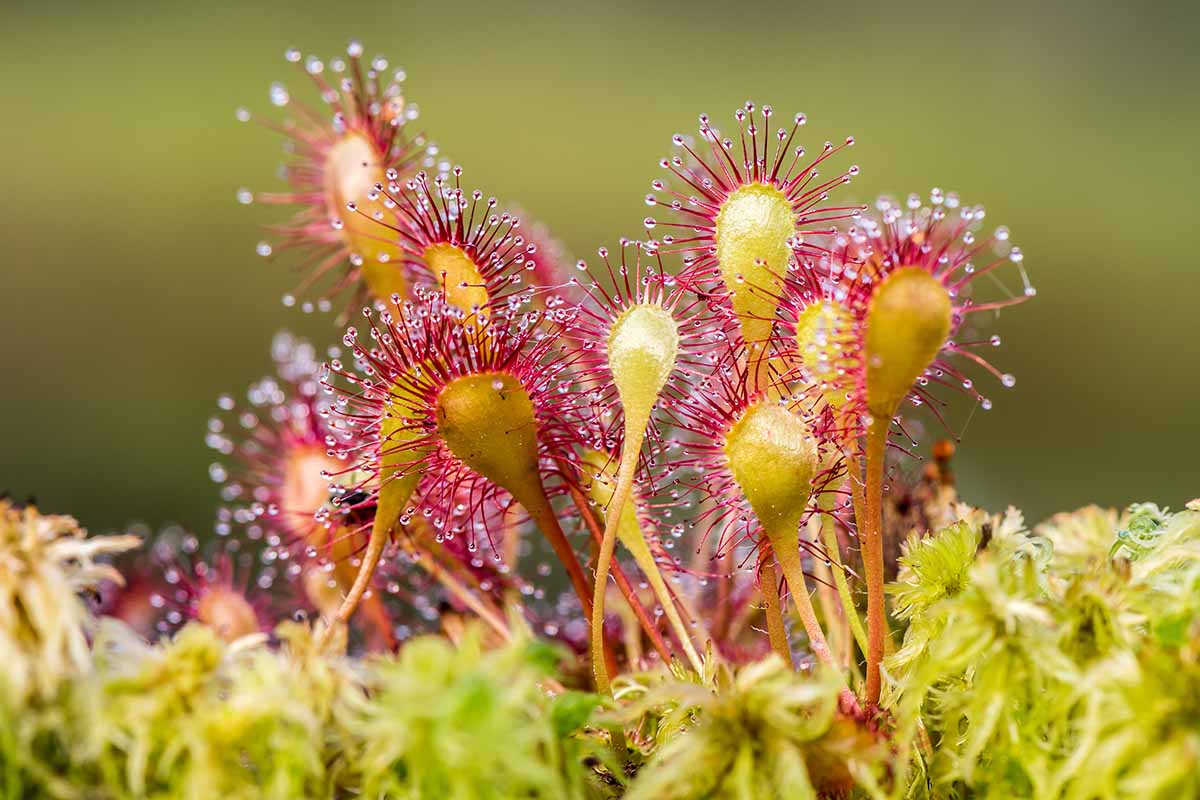

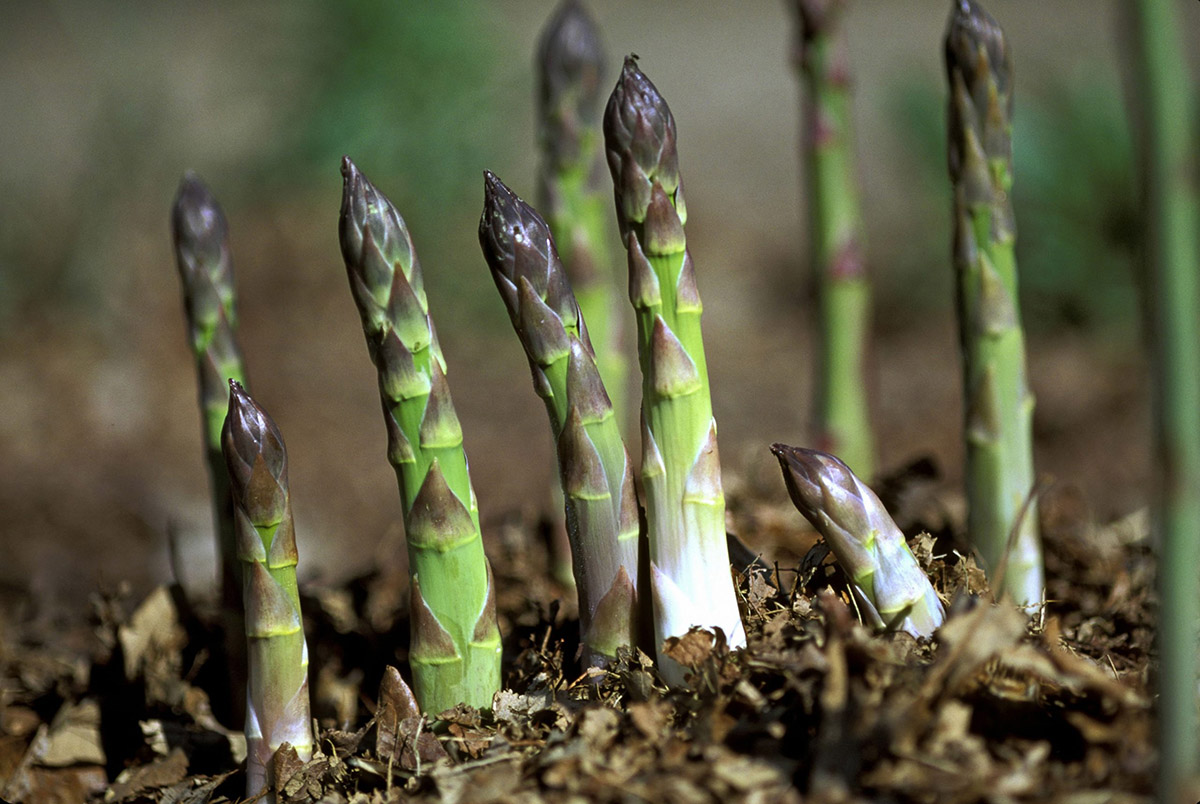

0 thoughts on “How Long Does It Take Garlic To Germinate”